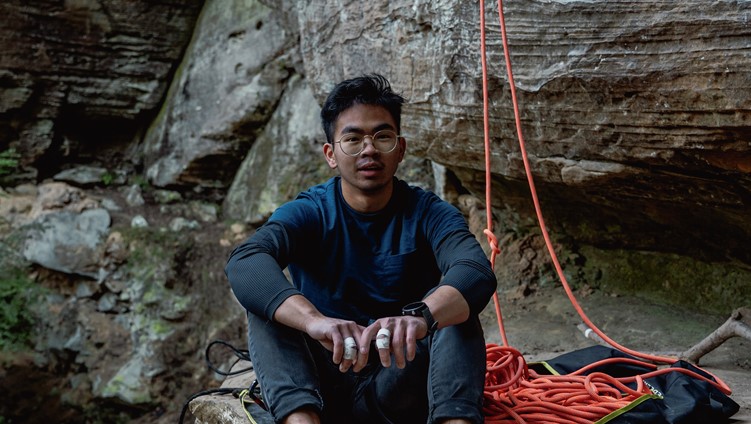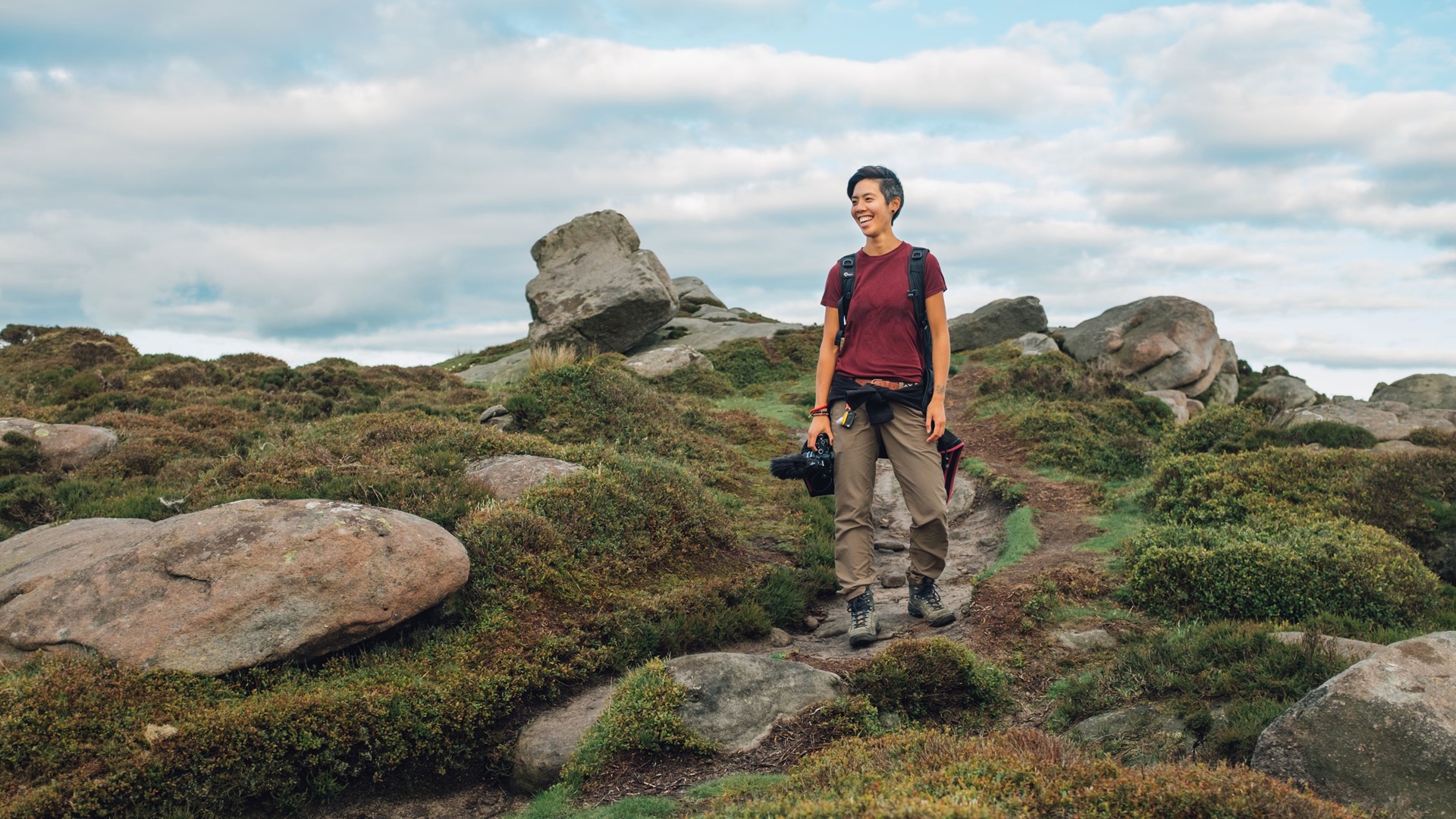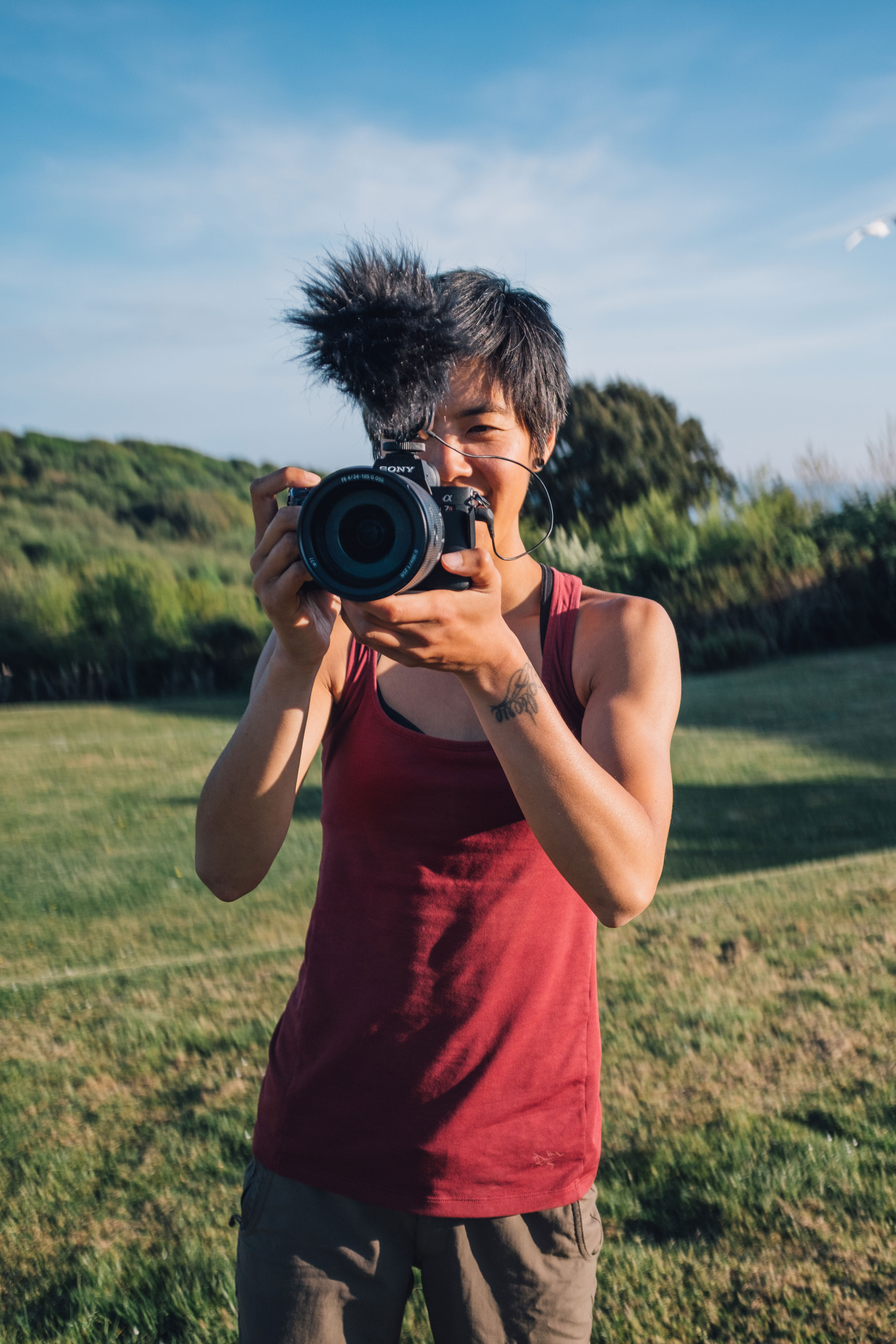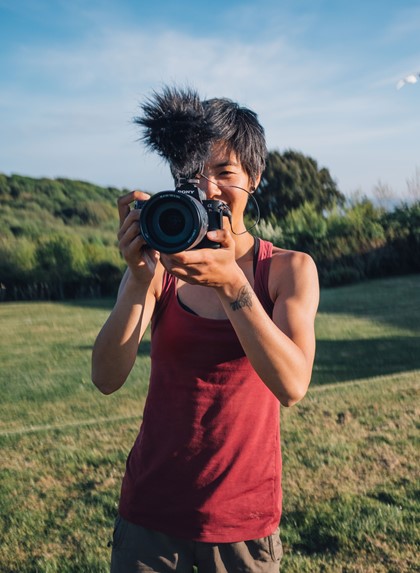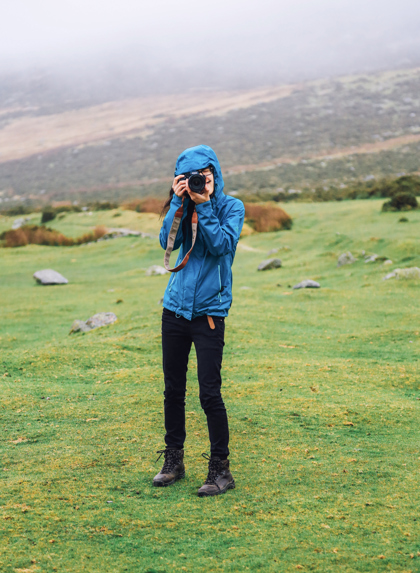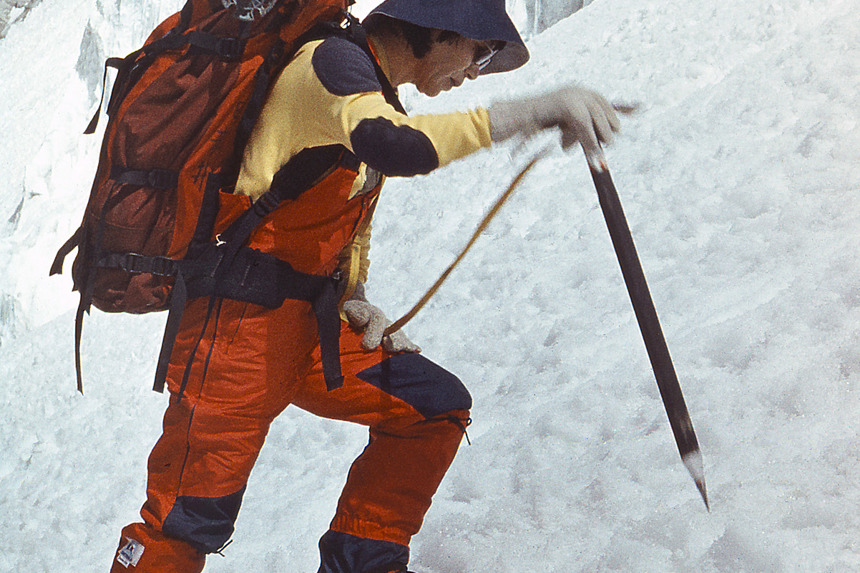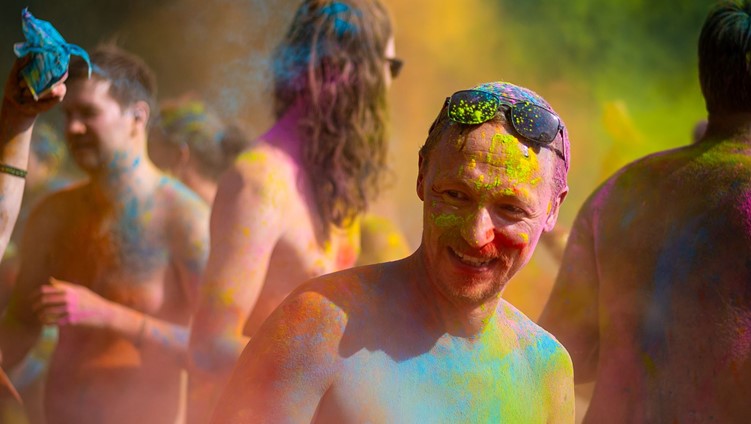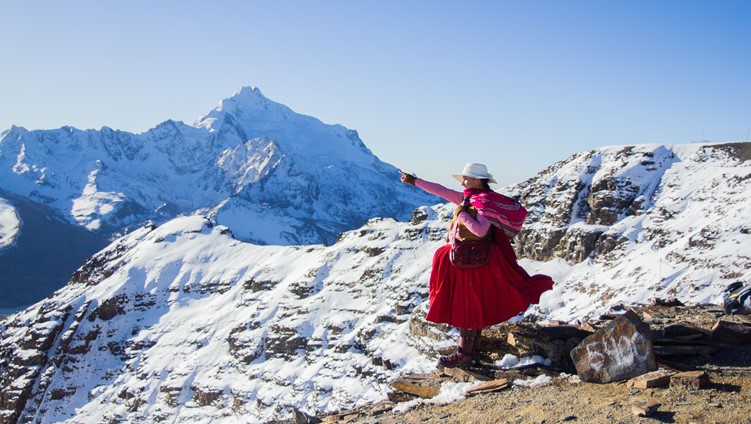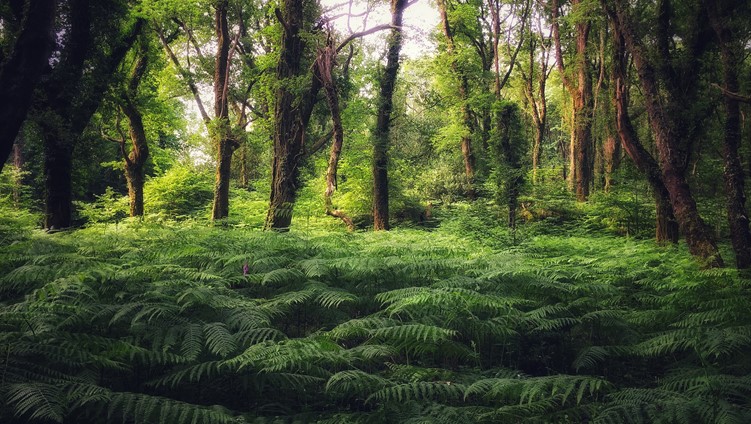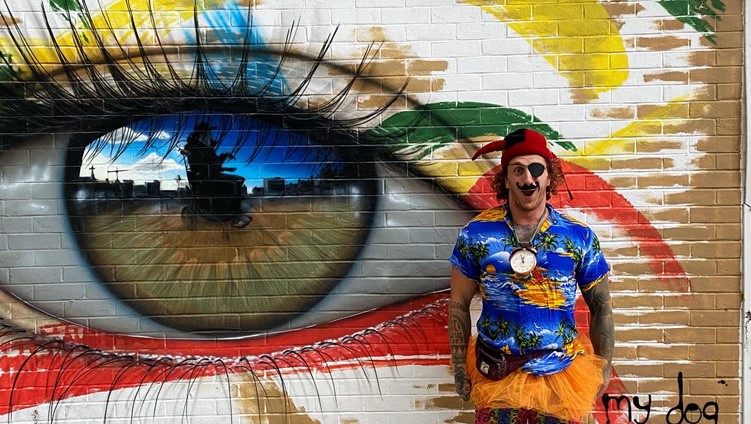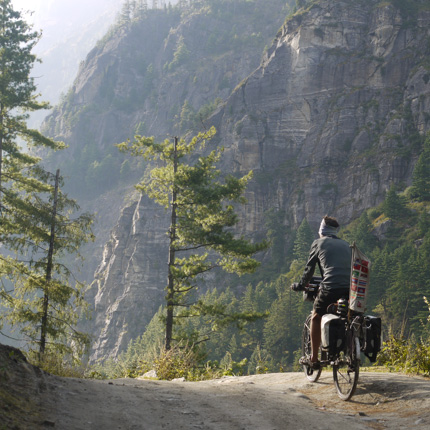Frit is an adventurer and loves exploring the outdoors in as many ways as possible: climbing, hiking, skiing, cycling, paddleboarding and wild swimming. As an adventure filmmaker and photographer, she’s happiest when she also has a camera in-hand, shooting underrepresented adventure stories for her film studio, Passionfruit Pictures. She is regularly fuelled by crisps and chips.
Since 2016, I have been attending adventure film festivals and events, and not once have I seen an East Asian adventurer as a speaker, presenter or panelist. Speaking with festival organisers, they’ve told me that they have hosted East Asian speakers in the past, but the numbers are so low that the chances of me attending a talk by them are also predictably low. Is it any wonder that I’ve been putting my own adventure dreams on hold?
East Asia covers the countries of China, Hong Kong, Japan, North Korea, South Korea, Macau and Mongolia. My heritage descends from southern China and Hong Kong, but admittedly when I was young, all I wanted to be was White. I used to say that I’d “forget that I was Chinese” because I so badly wanted to assimilate.
As a child, I indulged in every sport from tennis to football to hockey, and I loved sport for the feelings of movement and achievement. I often dreamed about becoming a professional athlete. I played at county level, and gained qualifications as a hockey umpire, and later as a football referee. But at training camps I’d rarely see a face like mine. At the time it didn’t consciously bother me, but when individuals would tell you that they’ll call you by the number on your bib because they can’t grasp the pronunciation of your name, those experiences make you feel like you don’t belong, and those memories stay with you.
